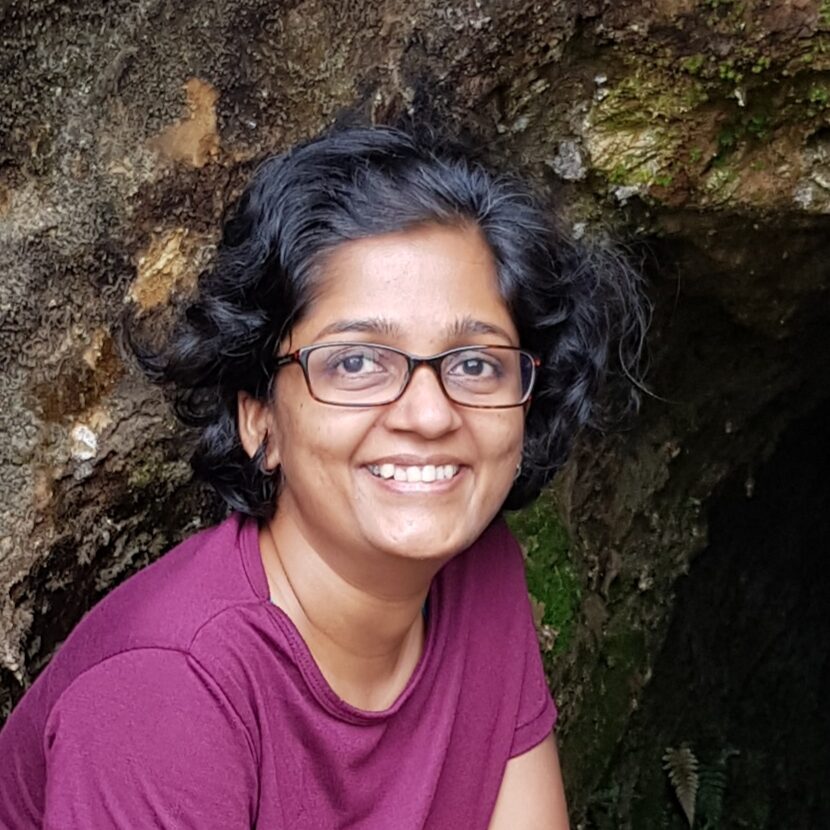Student Editors work with the AES Digital Content Editor Kate Goldfarb to curate and publish new material for our website and social media.
Student Editors
Uyen Phuong Dang is a PhD student in Sociocultural Anthropology at Yale University. Her research is located in two cities in southern Vietnam, where she explores questions of vernacular memory, haunted landscapes, and everyday practices of worldbuilding. Currently, she’s examining the arrangements, histories, and methods of refuge through the furnishings of older generations in Da Lat, Vietnam. In her past life, she designed and led community programs for Sàn Art, a contemporary arts organization based in Saigon. She holds a BA in Anthropology from Dartmouth College and also enjoys writing speculative short stories and poems.
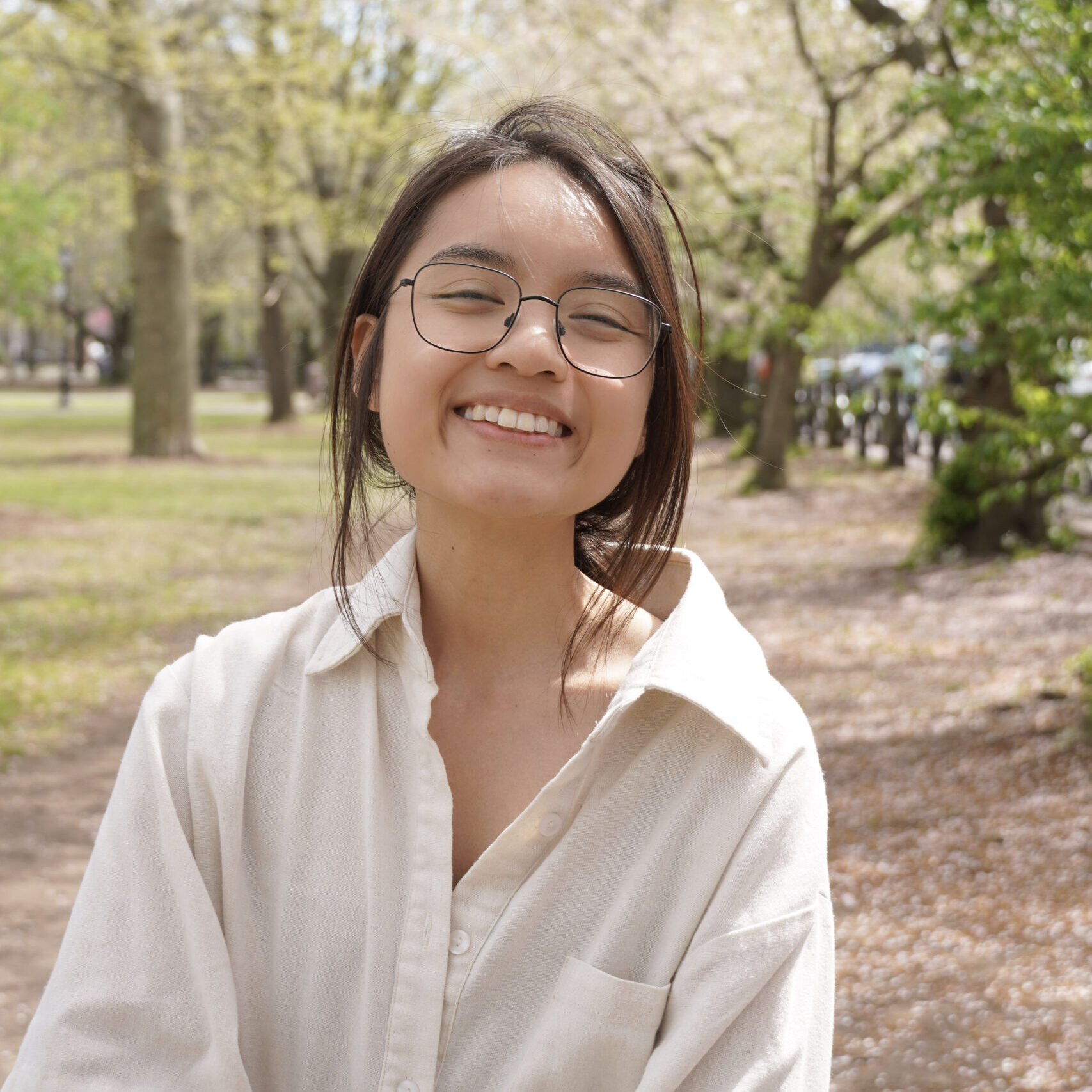
Katie Donlan is a PhD candidate in Cultural Anthropology at the University of Colorado, Boulder. Originally from Portland, Maine, she received her BA in Anthropology from Wellesley College. Katie’s background in ethnographic museums informs her interest in the intersection of heritage, memory, and community work. Her current research focuses on the politics of memory in contemporary New England, specifically considering how the pervasive silencing of Wabanaki history and presence manifests in the public discourse, commemorative landscape, and policy-making process in Maine. She follows an emergent movement of Indigenous and non-Indigenous community members as they work in coalition to advocate for truth-telling and political change.
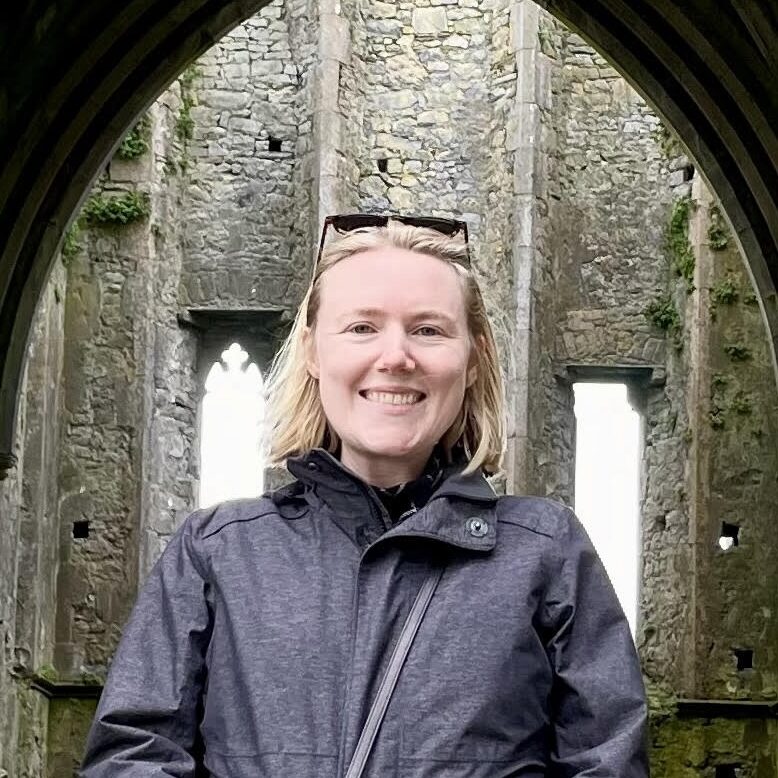
Hosanna Fukuzawa is a Ph.D. student in Anthropology at Johns Hopkins University. He follows health seeking practices among the Indigenous peoples to northern Japan and eastern Russia called the Ainu. At the center of his research is an effort to trace the milieu of normativity seen in the provision and receiving of mental health care in Japan, and how people with Ainu heritage navigate the fragile relations between the unmarked normal of Japanese-ness, health, and suffering.
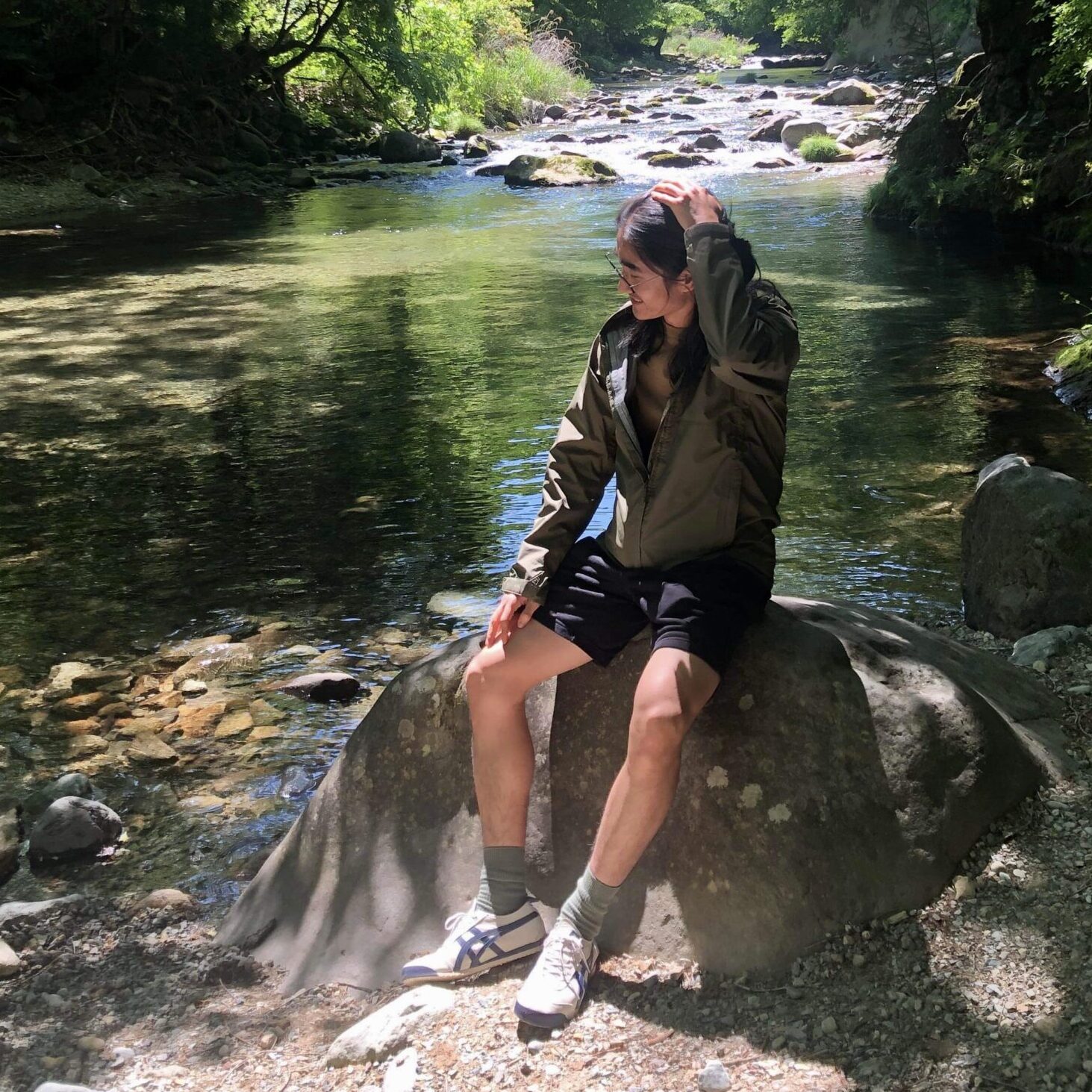
Ibrahim Ince is a DPhil student in Anthropology at the University of Oxford. He is an anthropologist and artist interested in post-conflict material culture and social life, borders, temporality, memory, and heritage. His doctoral ethnography explores everyday adaptations to the protracted border in Cyprus, specifically focusing on two border villages. Alongside research, he is actively involved in facilitating spaces of dialogue through event programming. He has facilitated and contributed to events at institutions including the British Museum, Border Criminologies Oxford, the Barbican Centre, and the Cyprus High Commission in the UK. Notably, he co-founded the reading and research group Critical Coffee Reading, which focuses on the anthropology of Cyprus and other coffee-reading geographies.
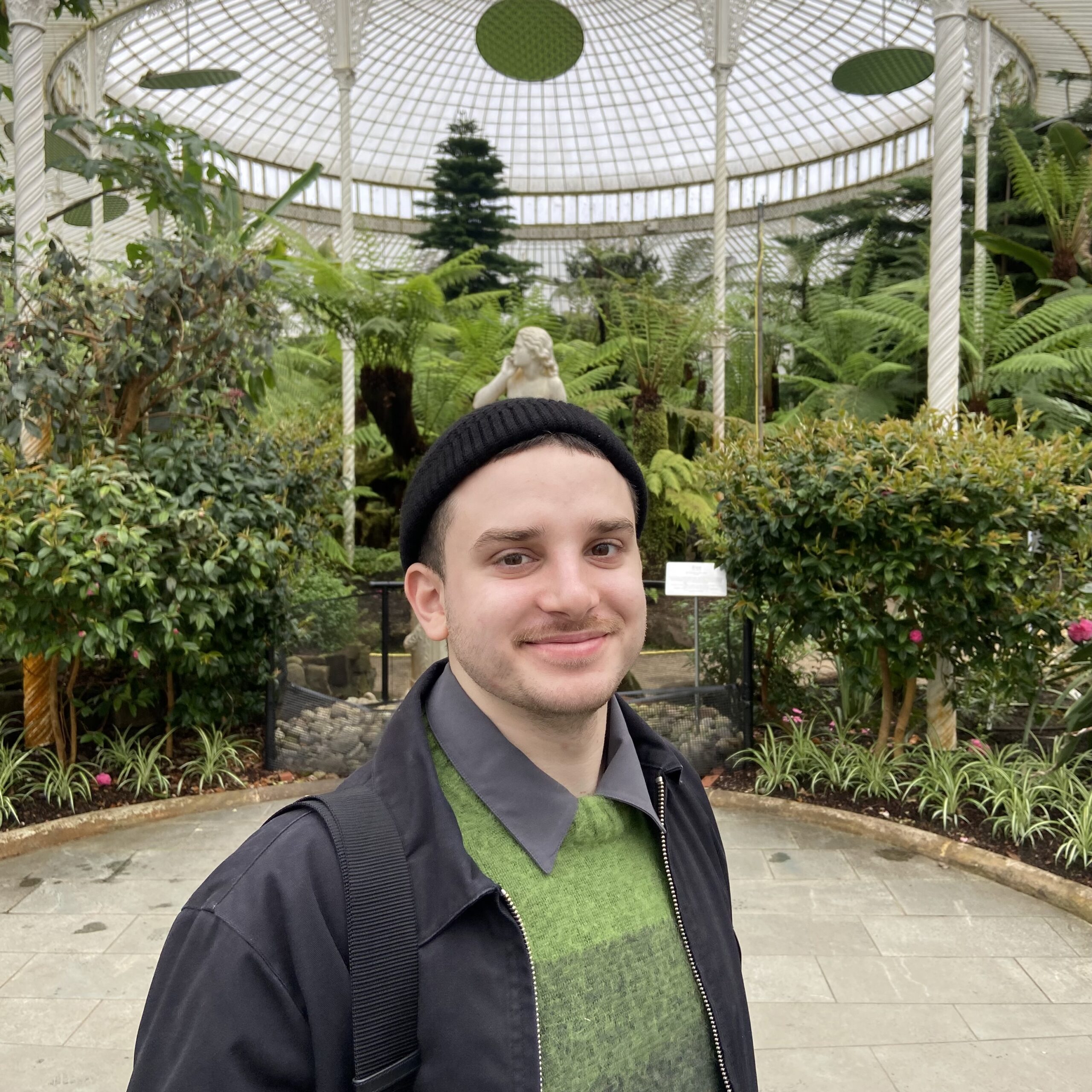
Emma Kahn is a PhD student in the Department of Anthropology at Brown University. Her research examines trajectories of urban planning in the U.S. with particular attention to housing and land-use in the Southwest. She is principally interested in how urban planners contend with the fraught landscapes they inherit and the knotty futures they formulate. Emma holds an M.A. in Social Sciences from the University of Chicago and a B.A. in Anthropology from Tufts University. Her scholarship is also informed by her previous work as an affordable housing project manager and a legal caseworker for detained asylum seekers.
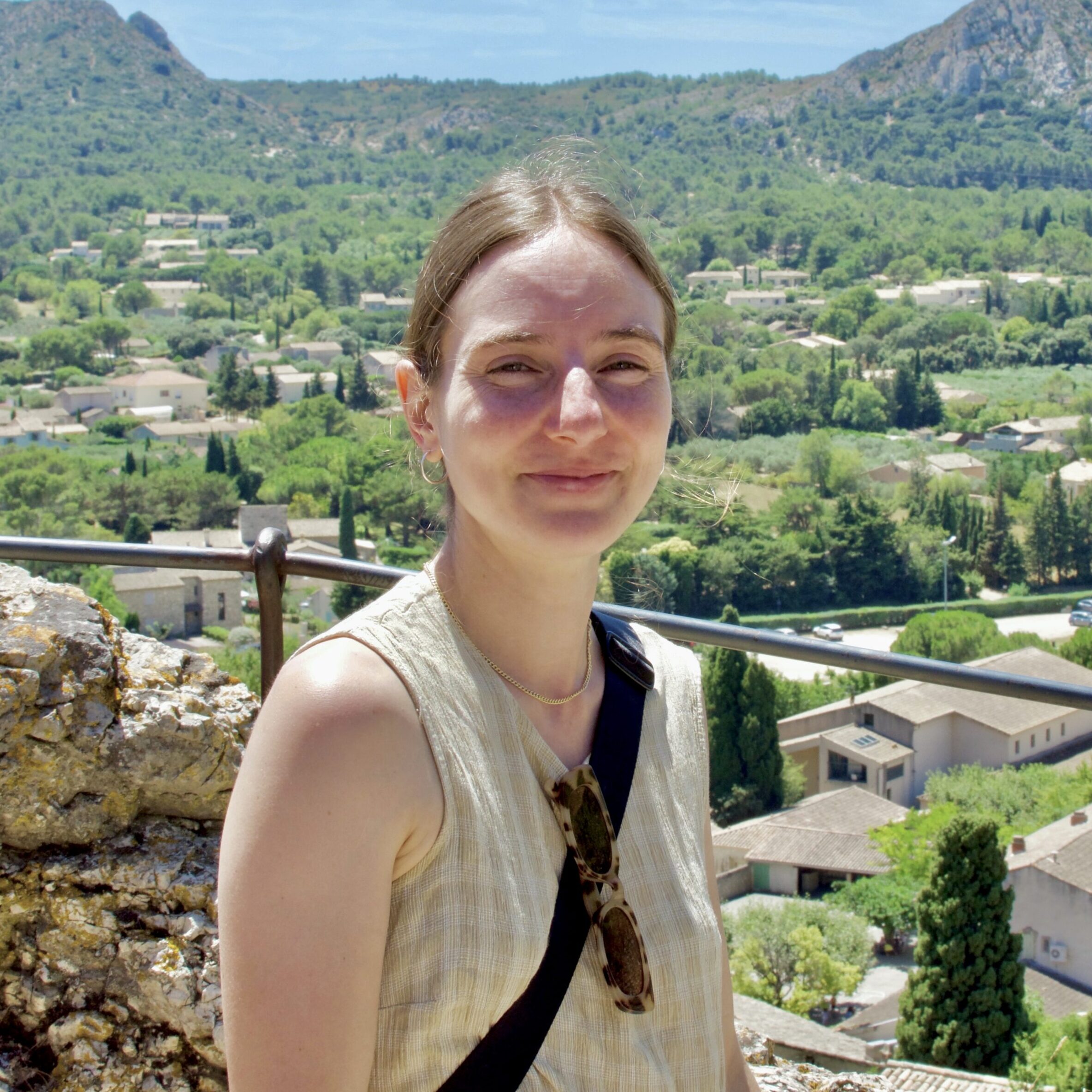
Aminata Ndow is a second year PhD Student in the Department of African and African American Studies and the Department of Anthropology at Harvard University. Originally from Belgium, she holds a BA in History from the University of Antwerp and a MA in History from Ghent University. Growing up in Belgium to a Belgian mother and a Gambian father prompted her to co-found Black History Month Belgium during her time at University. Her research interests include violence and trauma, death and dying, mourning and bereavement, human rights, transitional justice, memory politics, exhumation politics, post-conflict coexistence, civil society, civilian resistance and epistemology, and research ethics. Aminata’s current research broadly explores the dictatorship and transitional justice era in The Gambia (1994-present). Specifically, she studies the affective and political responses to summary executions and enforced disappearances in The Gambia. In her free time, she enjoys plant-based cooking, exploring museums and art galleries, vintage and second-hand shopping, watching old, independent and/or foreign films, and spending time in nature.
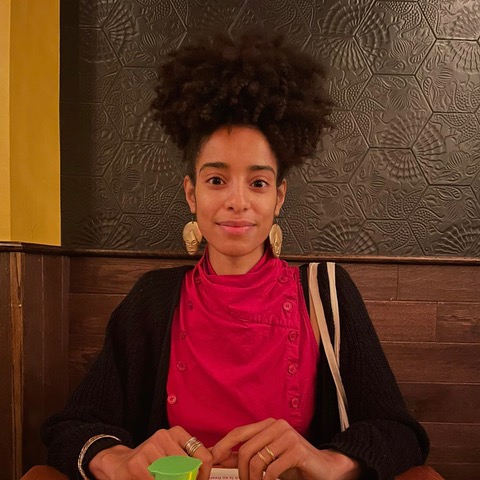
Michelle Patiño-Flores is a PhD Candidate in Sociocultural Anthropology at the University of Illinois Urbana-Champaign. During her fieldwork, she learned from and collaborated with Black (and) queer Cuban artists in Havana, the Cuban diaspora, and on social media. Her dissertation teases out the strategic methods of creating art in Havana in a moment characterized as a political crisis. Drawing primarily from Black Studies, queer and trans studies, and the anthropology of post socialism, she works to understand the relationships among migration, self-fashioning, and the invocation of human rights in the Cuban context. Michelle experiments with film photography in and outside of her research and enjoys reading poetry the same.
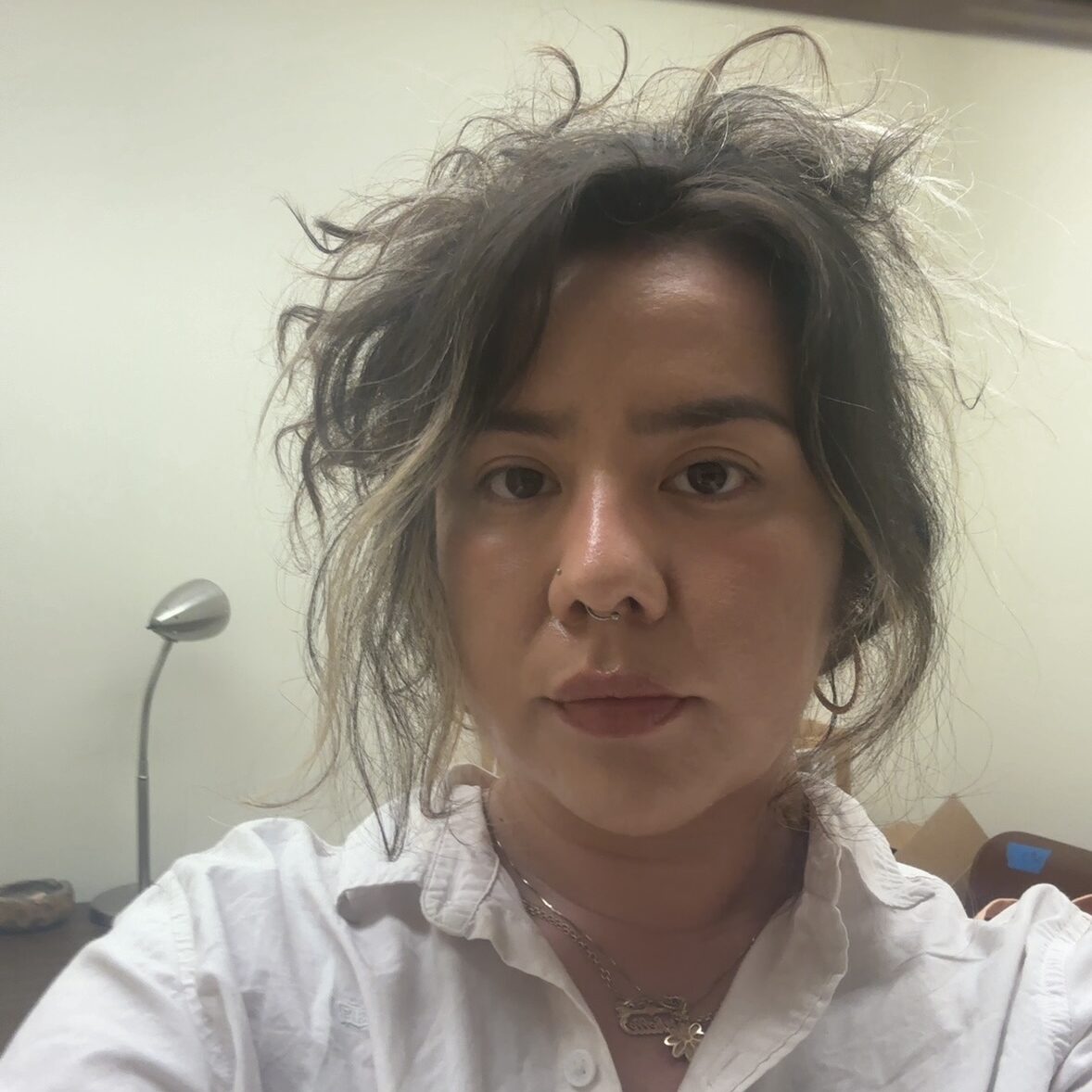
Verónica Sousa is an Azorean Luso-American PhD candidate in Medical Anthropology at the Institute of Social Sciences, University of Lisbon, and an adjunct lecturer in Medical Anthropology at the University of Maryland, College Park. Her current doctoral research project, funded by the Foundation for Science and Technology (FCT), concerns how chronic uncertainty shapes elder care and care labor negotiations regarding risk during th Covid-19 pandemic in Lisbon, with a particular focus on gender, disability, race, and class in the Portuguese context within medical and social services for the elderly.

Salwa Tareen is a PhD candidate in the Department of Anthropology at Boston University. Her research explores the interplay between religion, ethics, and the politics of care in South Asia. Salwa’s dissertation focuses on how residents of Karachi, Pakistan utilize charitable giving to address everyday disasters of infrastructure and governance. Salwa’s academic and creative writing can be found in The Muslim World, The Aerogram, Protest Magazine, among other places. She is also serving as the 2025 AES Graduate Student Representative to the AES Board.
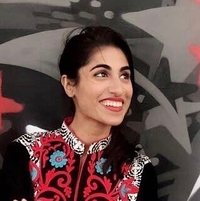
Nadine Vanniasinkam is a PhD candidate in Anthropology at the School of Culture History & Language at the Australian National University. Her doctoral research focuses on the placemaking practices of Tamils in the north of Sri Lanka and the discourses that shape coexistence and contestations around sacred spaces of Tamils in the post-war context. Nadine has a Masters degree in Applied Linguistics from the University of Melbourne, an Honours degree in English Language and Literature from the University of Colombo and an LLB from the University of London. She worked as a researcher and visiting lecturer prior to pursuing a PhD in anthropology. Her research explores the dynamics of nationalism, identity politics, ethnoreligious relations, pluralism and the potential of the arts for promoting social change.
